The Shape of Jazz to Come on Rhino vinyl
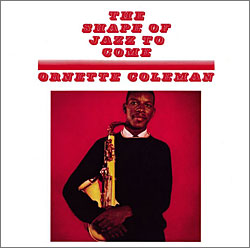 The folks at Rhino Records have just released a 180-gram vinyl reissue of The Shape of Jazz to Come, Ornette Coleman’s groundbreaking (and still riveting) album of 1959, mastered at RTI from the original stereo tapes. It sounds in every way better than the original pressing, which itself sounds quite good.
The folks at Rhino Records have just released a 180-gram vinyl reissue of The Shape of Jazz to Come, Ornette Coleman’s groundbreaking (and still riveting) album of 1959, mastered at RTI from the original stereo tapes. It sounds in every way better than the original pressing, which itself sounds quite good.
Everything is clearer, highs are extended, bass is more defined, dynamics are wider. Ornette’s white plastic alto sax has more of that palpable whoosh through the reed and horn. Don Cherry’s pocket trumpet has an airier mouthpiece. Charlie Haden’s bass—you can hear the wood vibrate. And Billy Higgins’ drum set has more sizzle and snap.


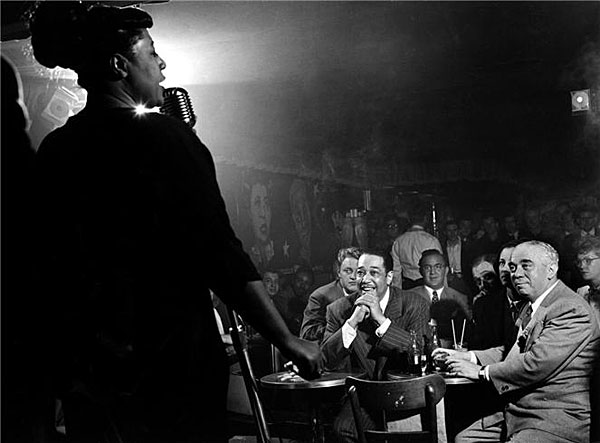
 I've always enjoyed the time I've spent with NHT loudspeakers. The two bookshelf models I've reviewedthe SB-3 (Stereophile,
I've always enjoyed the time I've spent with NHT loudspeakers. The two bookshelf models I've reviewedthe SB-3 (Stereophile, 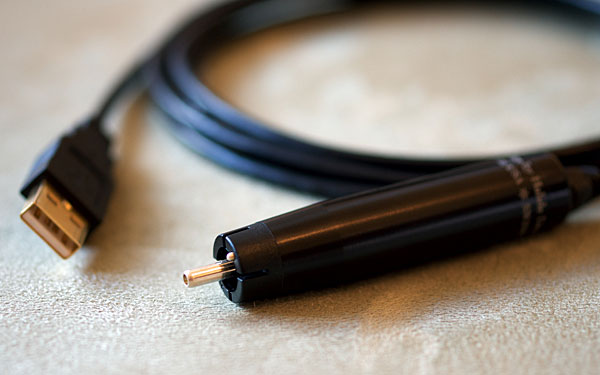
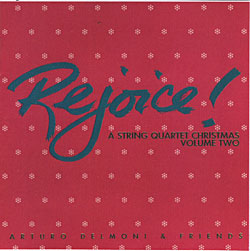 Classical music retailer Arkivmusic.com is making available for download this holiday season four CDs from John Marks Records: the three Rejoice! A String Quartet Christmas CDs and Songs My Mother Taught Me, from violinist Arturo Delmoni and some of his friends.
Classical music retailer Arkivmusic.com is making available for download this holiday season four CDs from John Marks Records: the three Rejoice! A String Quartet Christmas CDs and Songs My Mother Taught Me, from violinist Arturo Delmoni and some of his friends.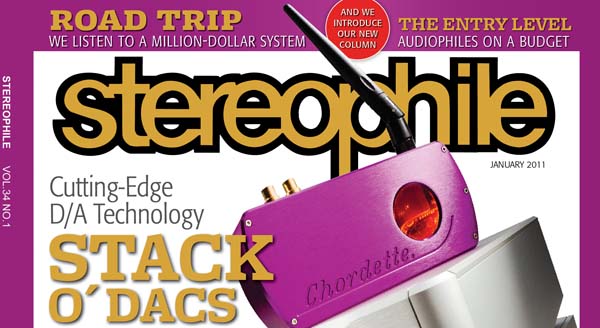

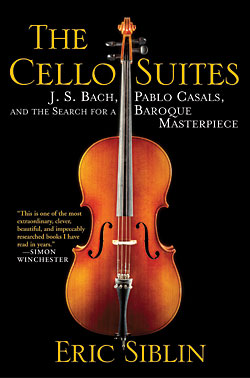 The Cello Suites: J.S. Bach, Pablo Casals, and the Search for a Baroque Masterpiece, by Eric Siblin (New York: Atlantic Monthly Press, 2009); hardcover, 318 pp. $24.
The Cello Suites: J.S. Bach, Pablo Casals, and the Search for a Baroque Masterpiece, by Eric Siblin (New York: Atlantic Monthly Press, 2009); hardcover, 318 pp. $24.